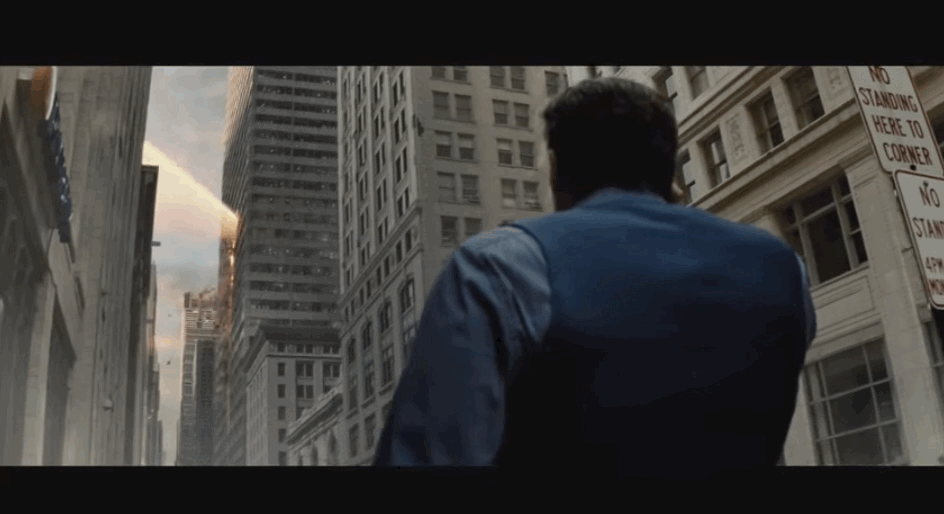Communication is a skill. It’s often overlooked in favor of other, more tangible skills, ones you can build things with, or affect change in a direct, physical way. It’s a common trend to be suspicious of communication, and of people with communication skills– “speaking too well” is a quick way to lose trust among a certain type of person.
Ask anyone whose job is communicating with people for a living, I’m especially thinking of the people whose job it is to keep people happy en masse here, and they’ll tell you that words are important, and matter as much or more than those tangible skills. The most competent technical team in the world can’t get players to trust a game if the community and support staff aren’t on the ball, and solid communications from the right teams can buy the bugfixing crew enough time to put in the right solutions the right way. Don’t fall into the trap of thinking those teams are less notable or valuable because their main interface is with words and not code.
Words are powerful. The scammers of the world know this, and it’s why the most effective security breaches don’t come from fancy technology or expert hacking or some kind of Hollywood agility– they come from words. We’re human; we’re wired to respond to words, and they can sink deeply and unexpectedly. It’s why we’re suspicious of people who are good with words– we’re so happy to receive the right words and we’re so afraid that the words are a lie. Someone can show you their computer hacking skills and they’re less likely to be shunned than someone who demonstrates that they’re a master manipulator. Same worrying potential breach of trust, but one sinks in deeper.
And yet, those words have power for a reason. The best boss I’ve ever had called me into his office for my annual review. He told me he thought I was too harsh on myself, but that I had a lot of potential. He suggested I look into team leadership as a career path, previously something I had only done for fun. It was a small sentence, a few words for a long-term goal. I already knew I was capable of leading; I’d been doing it for years and the people I led would ask me to keep doing it, and to lead other teams. What I didn’t have was validation of that capability, the bridge between what I did successfully for fun and what I could build a career from. A few little words sparked a fire.
Another boss I’ve had told me I was arrogant for disagreeing with them. They made a point to describe my skills as subpar and my insights lacking in substance. Those words sunk in deep as well, and left me uncertain of myself for a long time. The urge here is to lash out, to riposte, even after the fact, and use my own words to deny those ones that hurt so much. It’s something I’ve done, and it’s never been productive. Words are powerful, and wasting them that way is a poor use of a skill. Instead, I’ve tried to use those words to understand. It wasn’t a lesson learned quickly or elegantly, but in the end I learned to stay detached and keep words from getting too close, unless I let them.
An unexpected friend suggested that I was too detached, too analytical. When I spoke, I offered deep insights to other people but revealed almost nothing about myself. I used my words well, but hid myself in them. It made me unapproachable, distant, and a little frightening. It was another lesson learned, more change wrought from words. I’ve slowly become a more complete person, and of all the skills I’ve turned my mind towards learning, none have been so influential as a few words from the right person at the right time.
One last anecdote: A friend contacted me, out of the blue, after not having spoken for nearly ten years. I remembered them, because I try my best not to forget people, but I couldn’t imagine why I would be similarly remembered. We’d barely hung out, maybe once or twice ever, and I couldn’t remember what we’d talked about. Something I’d said had resonated, though, and made it worth seeking me out after a decade. Honestly, it was scary for me. To think that some forgotten words I’d said ten years ago had enough of an impact on someone else to find me after all the time suggests that I’d left a deep impression without realizing it. It really bothered me, because I feel responsible for the ways in which I affect other people, and doing so unconsciously or without intending to felt irresponsible.
However, I have to remind myself of the times I’ve been affected deeply by someone else’s words. I don’t get to pick what words other people say, and I don’t get to pick how people react to the things I say. All I can do is be aware of how I’m using my words and to be honest, genuine, and open-minded with people, and to share the things I’m thinking. I don’t know when the right words will come at the right time for someone else.
As I like to tell my puppy: use your words. Communication is key, and letting people know how you’re feeling and what you’re thinking is important. Let someone else know what’s awesome about them, or what you see when you look at them. It’s a great way to learn more than you ever thought you could about another person.
When I briefly scan a friends list, I see a few things…
…a quietly confident anchor for the team.
…an unshakably optimistic caregiver.
…the ideal teammate.
…a laughing jester who will be the first to have your back.
…a constant yet practical brightener of days.
…a timid voice with an underlying strength of conviction that makes me rethink my beliefs.
…a person who deserves better.
…a hand that will help me up and hold me steady, but still point at where I’ve slipped and fallen.
…a potent mirror of truth.
…a pillar of the community whose biggest fear is not living up to their own expectations of themselves.
…and, among others, my very best friends.
What do you see?




